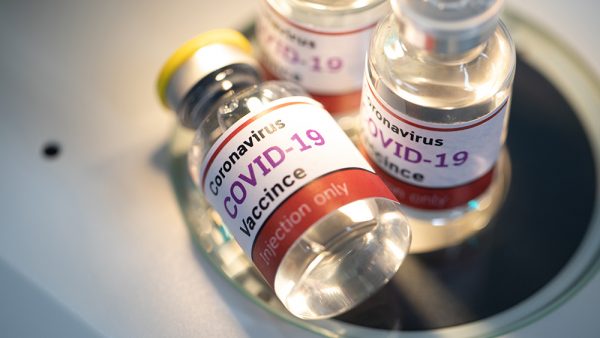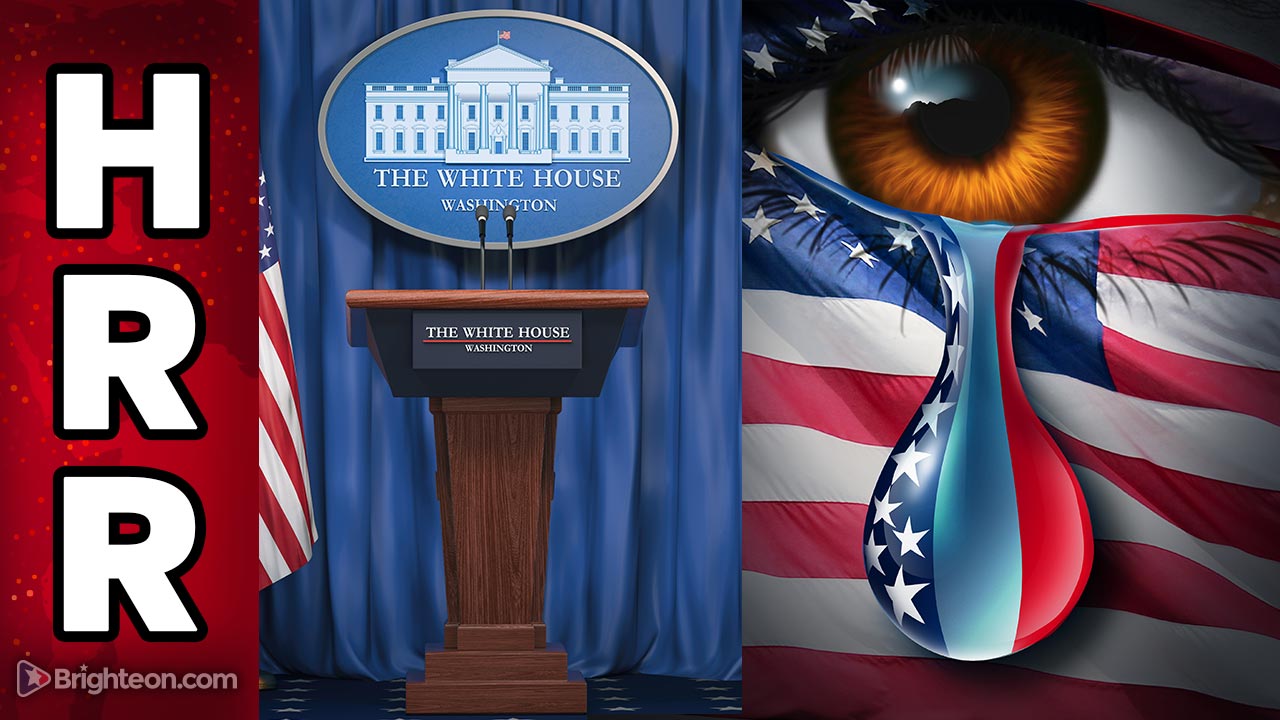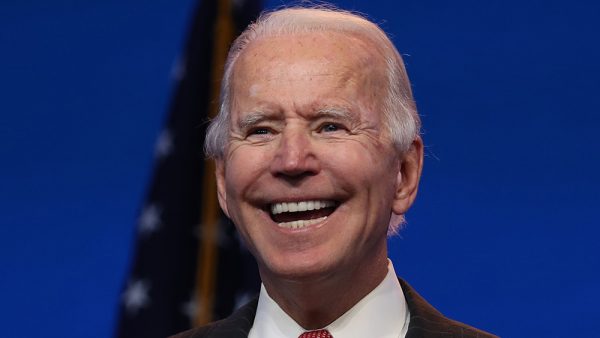 Parler
Parler Gab
Gab
Vaccine hesitancy in the United States remains very high, even among healthcare workers
According to a study conducted by Texas A&M University, around 31 percent of 5,009 Americans surveyed do not plan to get the coronavirus vaccine once it becomes available to them. A similar survey conducted by the Kaiser Family Foundation (KFF), a nonprofit dedicated to studying healthcare policy, found that around 15 percent of the American population "definitely will not get vaccinated." A different KFF survey even found that only 52 percent of people employed in the healthcare industry have been vaccinated, despite the fact that many of them spend their working hours with coronavirus patients. The KFF study regarding healthcare workers surveyed more than 1,300 people, including doctors, nurses, housekeepers and nursing home aides. Among the healthcare workers who remain unvaccinated, 12 percent said they have not decided whether or not they will get a coronavirus vaccine. Another 18 percent said they will not get the vaccine even if it is available to them. The healthcare workers who remain hesitant have cited concerns regarding side effects and the speed at which the vaccines were developed. There may also be concerns over the long-term adverse effects of the vaccines, which have not been evaluated because of the swiftness of their development. Problems with distribution have also uncovered a disparity between healthcare workers in hospitals and clinics and self-employed workers. The latter are significantly less likely to get vaccinated because of their inability to get a vaccine from their local health departments. Racial disparities are also evident in the vaccination rates of healthcare workers. African American healthcare workers are more reluctant to get vaccinated because of historic distrust of the medical community. This skepticism is rooted in past abuses such as medical experimentation that still resonate to this day, including experiments conducted on Black women in the 19th century and on Black men in the early 20th century. According to the survey, around 53 percent of African American healthcare workers are not confident about the safety of the COVID-19 vaccine. Across the general Black population, 47 percent of adults feel similarly and are naturally distrustful of the shots. At this point, it remains to be seen if vaccine hesitancy will increase or decrease. But the number of vaccines circulating in the country will only increase, as the federal government just signed a new law that will help states fund their mass vaccination programs. The new bill, known as the American Rescue Plan, also provides the CDC with an additional $7.5 billion to spend on vaccine distribution and administration. Learn more about why so many Americans are skeptical about the coronavirus vaccines by reading the latest articles at Vaccines.news. Sources include: WND.com TheEpochTimes.com Today.TAMU.edu CBSNews.comSupplementing with vitamin D found to improve blood pressure in overweight children
By Zoey Sky // Share
“Morally and intellectually corrupt”: UCLA professor resigns in protest over viewpoint intolerance
By News Editors // Share
The end of meat? Dutch “green” policies force dairy farmer to cull 95% of his herd
By Ethan Huff // Share
Deborah Birx hid covid info from Trump, altered CDC guidelines without approval
By Ethan Huff // Share
Governments continue to obscure COVID-19 vaccine data amid rising concerns over excess deaths
By patricklewis // Share
Tech giant Microsoft backs EXTINCTION with its support of carbon capture programs
By ramontomeydw // Share
Germany to resume arms exports to Israel despite repeated ceasefire violations
By isabelle // Share










